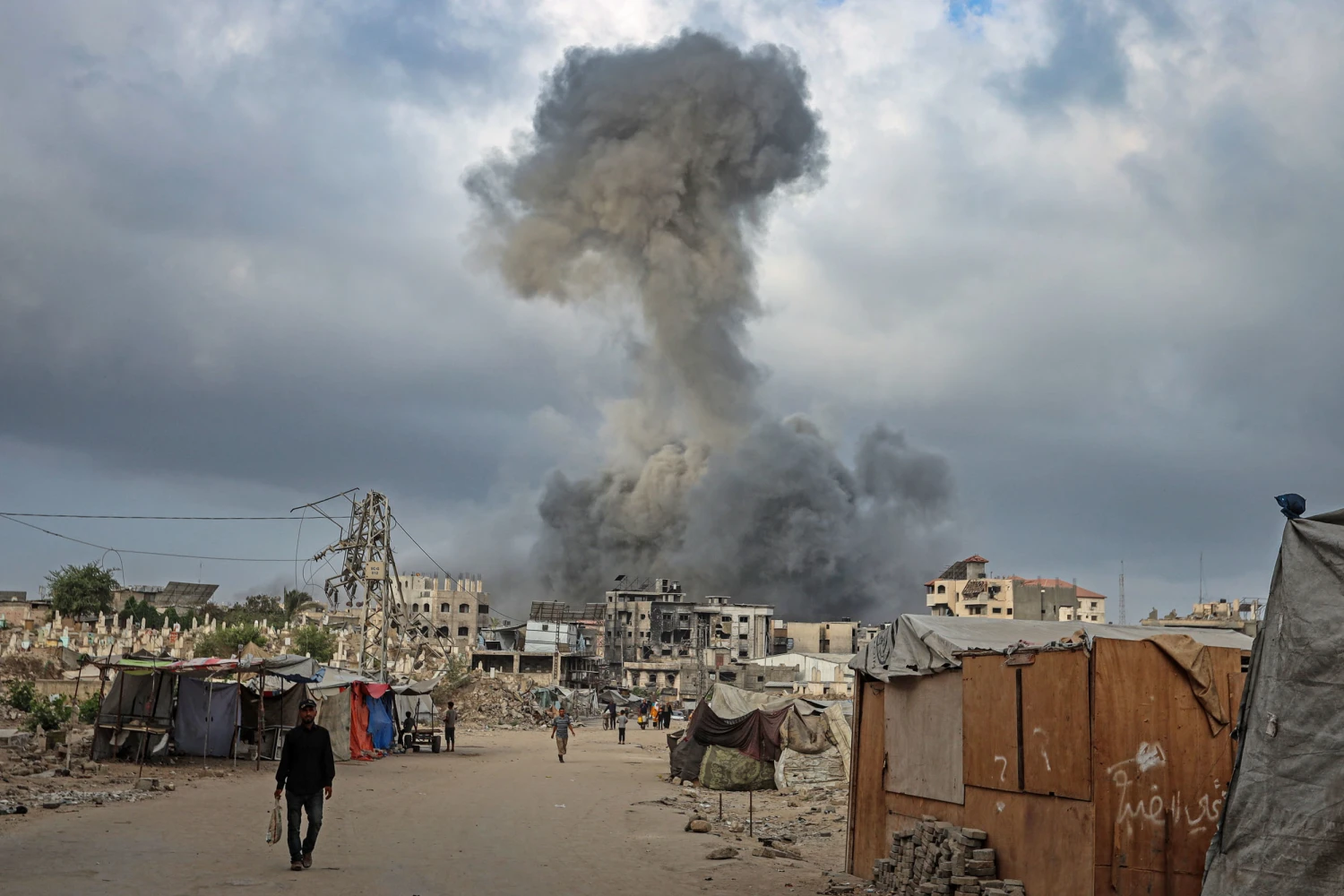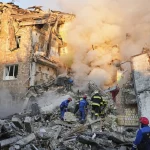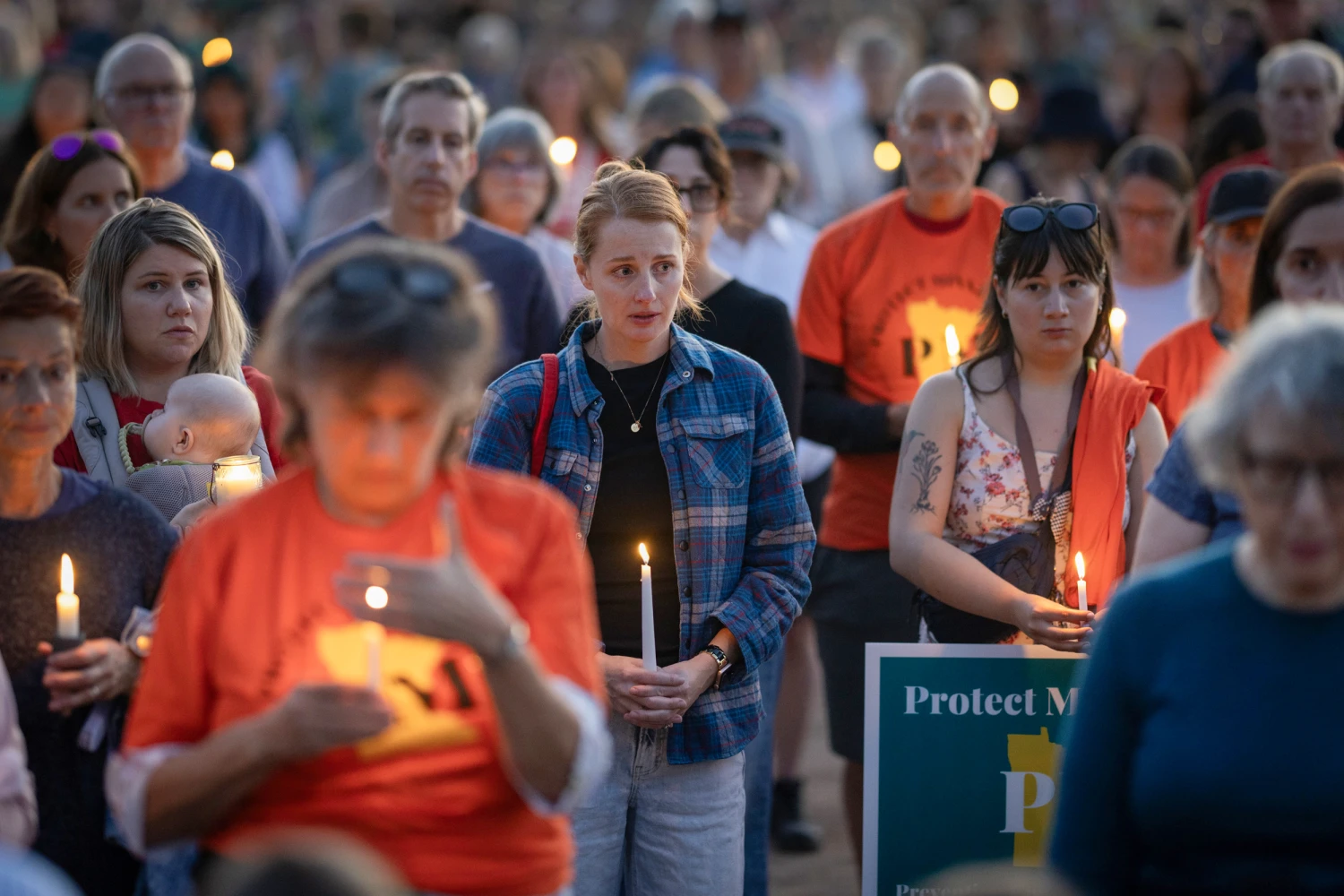The ongoing war in Gaza has entered another deeply controversial chapter, with Israel facing mounting global pressure over alleged attacks on hospitals and medical facilities. As international outrage grows, former U.S. President Donald Trump has positioned himself as a key player by chairing a high-profile meeting on Gaza. The dual developments underscore the complex intersection of humanitarian concerns, international law, and geopolitics in one of the world’s most volatile conflicts.
- Why Hospitals Have Become the Flashpoint in Gaza
- Mounting International Condemnation
- The Human Cost: Patients, Doctors, and Families Trapped
- Trump Steps In: A Calculated Diplomatic Move
- U.S. Political Dynamics and Israel’s Strategy
- Legal and Moral Questions Under International Law
- What Comes Next: Possible Diplomatic Fallout
- Frequently Asked Questions
- Why are hospitals being targeted in Gaza?
- What has been the global reaction to hospital attacks?
- How has Gaza’s healthcare system been affected?
- Why is Donald Trump involved in the Gaza crisis?
- Could Israel face legal consequences for hospital strikes?
- How does this crisis affect U.S. politics?
- What is the humanitarian outlook for Gaza?
- Conclusion
This article explores the situation in detail, examining Israel’s actions, the impact on Gaza’s fragile healthcare system, Trump’s unexpected diplomatic engagement, and the broader global reaction.
Why Hospitals Have Become the Flashpoint in Gaza
Hospitals in Gaza are more than just medical facilities. In a territory with over two million residents under blockade, they serve as emergency shelters, community hubs, and safe havens during bombardments. Yet, in recent months, multiple hospitals and clinics have been damaged or destroyed amid Israeli airstrikes.
Israel maintains that militants have used hospitals to store weapons or launch operations, effectively turning them into military targets. Hamas and local health authorities deny these claims, insisting that hospitals remain protected civilian infrastructure under international law.
The World Health Organization (WHO) has documented dozens of attacks on healthcare facilities in Gaza since the war escalated. According to their reports, such strikes cripple access to lifesaving care, leaving thousands of patients, including newborns and the elderly, in dire jeopardy.
Mounting International Condemnation
Human rights groups, United Nations officials, and foreign governments have expressed sharp criticism over the hospital strikes. The United Nations Office for the Coordination of Humanitarian Affairs (OCHA) has repeatedly warned that “the systematic targeting of healthcare infrastructure in Gaza risks constituting war crimes.”
European governments have also begun voicing stronger objections. Germany and France, traditionally cautious about directly confronting Israel, have joined calls urging restraint and the protection of civilian sites. Meanwhile, Turkey and South Africa have taken stronger stances, accusing Israel of violating international humanitarian law.
Diplomatic sources suggest that the rising chorus of condemnation could force Israel into a tighter political corner, especially as visuals of destroyed hospitals dominate global headlines.
The Human Cost: Patients, Doctors, and Families Trapped
Beyond the diplomatic fallout, the reality inside Gaza’s hospitals is harrowing. Doctors describe operating without electricity, sterilization equipment, or adequate anesthesia. Patients on ventilators face constant risk when power generators fail. Families seeking shelter often live in crowded hospital corridors, fearing displacement or attack.
A Palestinian doctor working in northern Gaza recently told international media that “every strike on a hospital is not just a blow to healthcare—it’s a blow to the soul of a community already on the edge of collapse.”
Statistics from Gaza’s health ministry estimate that over 70 percent of hospitals in the enclave are no longer fully functional due to repeated strikes, lack of fuel, and shortages of critical medical supplies. This collapse has forced patients with chronic illnesses to go untreated and delayed surgeries for war-wounded civilians.
Trump Steps In: A Calculated Diplomatic Move
Amid the intensifying crisis, Donald Trump has reemerged on the international stage by convening a meeting on Gaza. While no longer president, Trump remains a powerful political figure with aspirations for a return to the White House. By chairing the meeting, he signals both his continued influence and his desire to shape global narratives around the conflict.
The meeting, which included regional allies, advisors, and select U.S. lawmakers, was framed as a discussion on humanitarian solutions. Trump has positioned himself as a mediator willing to challenge what he perceives as President Joe Biden’s “weak and inconsistent” handling of the Middle East.
Trump’s intervention is seen by some analysts as an attempt to leverage the Gaza crisis to boost his foreign policy credibility ahead of the 2024 U.S. elections. Others view it as a risky gamble, given the deep divisions over Israel and Palestine within U.S. politics.
U.S. Political Dynamics and Israel’s Strategy
Washington’s approach to the conflict is being reshaped by these developments. While the Biden administration has maintained military and financial support for Israel, growing criticism among U.S. lawmakers and the American public is creating cracks in bipartisan consensus.
Progressive Democrats have openly condemned hospital attacks, calling for conditions on U.S. aid to Israel. Republican leaders, on the other hand, largely defend Israel’s actions, citing its right to self-defense. Trump’s meeting effectively amplifies this debate, offering him an opportunity to contrast his approach with Biden’s.
Israel, meanwhile, has doubled down on its military rationale, arguing that Hamas’s alleged use of hospitals makes them legitimate targets. Officials insist they are not intentionally targeting civilians but must neutralize threats embedded within civilian infrastructure. Critics, however, accuse Israel of weaponizing this argument to justify indiscriminate bombings.
Legal and Moral Questions Under International Law
The targeting of hospitals raises pressing legal questions under the Geneva Conventions. International law explicitly protects medical facilities, unless they are being used for hostile purposes. Even then, attacking them requires strict proportionality and advance warning to minimize civilian harm.
Legal experts warn that Israel’s justification may not withstand scrutiny if evidence of militant activity inside hospitals remains insufficient. A former UN war crimes prosecutor explained that “the burden of proof lies on the attacking party. Without credible verification, repeated strikes on hospitals can be classified as war crimes.”
The International Criminal Court (ICC) has already opened investigations into potential violations committed during previous Gaza conflicts. The current hospital incidents may add new urgency to these inquiries.
What Comes Next: Possible Diplomatic Fallout
The trajectory of this crisis will depend on both immediate military decisions and broader diplomatic maneuvering. If attacks on hospitals continue, Israel risks further isolating itself internationally. Allies may begin attaching political or economic conditions to their support, while adversaries exploit the issue to delegitimize Israel on the world stage.
Trump’s involvement could also alter dynamics. Should he succeed in presenting a humanitarian plan that resonates with key players, he may strengthen his standing domestically and abroad. However, failure could deepen skepticism about his diplomatic acumen.
At the same time, Gaza’s humanitarian catastrophe is worsening by the day. Aid agencies warn of a looming public health disaster as hospitals collapse, water systems break down, and disease spreads in overcrowded shelters.
Frequently Asked Questions
Why are hospitals being targeted in Gaza?
Israel argues that Hamas uses hospitals to store weapons or launch operations, while Palestinian authorities deny these claims. International law requires hospitals to be protected unless clear hostile use is proven.
What has been the global reaction to hospital attacks?
The UN, human rights organizations, and several governments have condemned the strikes, warning that they may constitute war crimes under international law.
How has Gaza’s healthcare system been affected?
Over 70 percent of hospitals in Gaza are no longer fully functional, leaving thousands without access to lifesaving care. Doctors face shortages of fuel, medicines, and surgical equipment.
Why is Donald Trump involved in the Gaza crisis?
Trump chaired a meeting on Gaza to position himself as a potential mediator and contrast his approach with President Biden’s. Analysts suggest it is part of his broader political strategy.
Could Israel face legal consequences for hospital strikes?
Yes. The International Criminal Court and other legal bodies may investigate if evidence suggests violations of the Geneva Conventions.
How does this crisis affect U.S. politics?
The issue is deepening divisions within Washington. Progressives are calling for restrictions on aid to Israel, while conservatives defend its right to self-defense. Trump’s involvement adds another layer to the debate.
What is the humanitarian outlook for Gaza?
Humanitarian agencies warn of a looming public health disaster due to collapsing hospitals, lack of clean water, and overcrowded shelters. The civilian population remains at extreme risk.
Conclusion
The crisis over hospital attacks in Gaza highlights the devastating intersection of war, politics, and humanitarian law. Israel now faces one of its most intense waves of global criticism in years, raising questions about accountability and proportionality in warfare. For Gazans, the destruction of hospitals represents not just the loss of medical care but the erosion of the last semblance of safety in a war zone.
Donald Trump’s decision to chair a meeting on Gaza adds another layer of complexity. Whether his involvement brings fresh solutions or political theatrics remains to be seen. But one truth is undeniable: the future of Gaza’s hospitals, and the lives they shelter, has become a central battleground in the conflict, one that could shape international responses for years to come.










